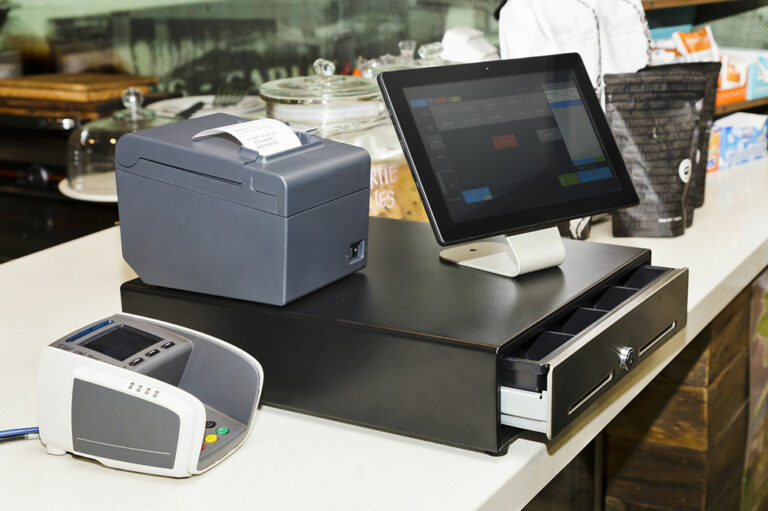
Business & Services
4 mistakes to avoid when registering a business
Starting a business is a thrilling process. It allows for an innovative thought or idea to have the potential to grow into a thriving business. However, before anything else is begun, one must pay attention to the registration process. Irrespective of the company’s size or number of employees, registering it is complicated. To ensure the business can run smoothly without issues regarding paperwork or other permissions, here are some common registration mistakes to avoid. Picking the incorrect name Picking the right name for the business is a tricky challenge. Not only is one striving to pick a name that suits the product or service, but entrepreneurs also need to consider whether the name is good enough to catch people’s attention. At the same time, ensuring the selected name does not already exist as another business is also challenging. Two businesses with the same name may lead to legal issues, branding challenges, and other problems in the future. So, it is advisable to check for the business name’s availability for registration before submitting the necessary documents. Incomplete documentation Registration of a business is a tedious process that requires various documents. Registering start-ups or one-person businesses are equally document-oriented. Individuals need to ensure that their documents are in order, as these will prove the organization’s legitimacy. Incomplete documentation can cause unnecessary setbacks and delay the process. Businesses or entrepreneurs should put a checklist in place that will help them ensure all the necessary documentation has been completed and submitted with care. Wrong structure Selecting the wrong business structure can directly impact liabilities, taxes, and the organization’s operations. A commonly made mistake is when organizers select the wrong business type and do not consider the long-term impact. It is important to look into the available options and carefully consider which business structure best aligns with the business’s plans and goals.






